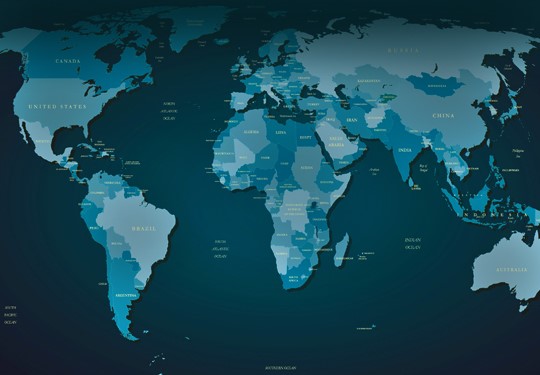The Technical Division of a Fortune 50 pharmaceutical and healthcare company was responsible for providing a broad array of technical training programs to the operating companies and corporate staff. Their existing training activities were complex.
- The training audience exceeded 110,000 employees worldwide.
- The audiences were diverse and each had different training needs, ranging from generalized technical training to highly specialized training on advanced scientific and technical topics.
- Training topics included quality assessment, process validation, raw materials contamination, environmental standards, and chemical, biological, radiological, and general safety.
- The majority of their current programs were delivered using a classroom-based format.
The division president wanted to deliver training programs in a more efficient and cost-effective manner. She selected Iknow to help establish their eLearning program.
Iknow identified and documented the current training activities across the Division and developed a set of recommendations to guide the transformation from classroom-based training to eLearning.
The consulting assignment consisted of three parts: (1) understand and document the current state, (2) review best practices reported in recently published articles and case studies, and (3) develop recommendations for establishing an eLearning environment.
The current-state assessment involved interviews with the division’s training staff and covered a broad set of training topics, including the breadth and scope of the training programs, sources for course content, and methods of delivery. Improvement ideas were also captured during the interviews.
Recommendations were developed based on a gap analysis between the Division’s current state and the leading practices identified from the secondary research. Recommendations included developing a two-year eLearning vision with aggressive goals and timetable; developing processes for selecting and migrating current classroom-based training to web-based training; developing a rigorous vendor identification, evaluation, and selection process; aligning the eLearning initiative with the corporate learning management system; designing knowledge repositories and portals that would contain content not available through online courses; developing competency models for both technical and nontechnical ladders; and designing and implementing organizational enablers that would reinforce and support continuous learning.
The division used Iknow’s recommendations as their strategic roadmap for implementing eLearning.


